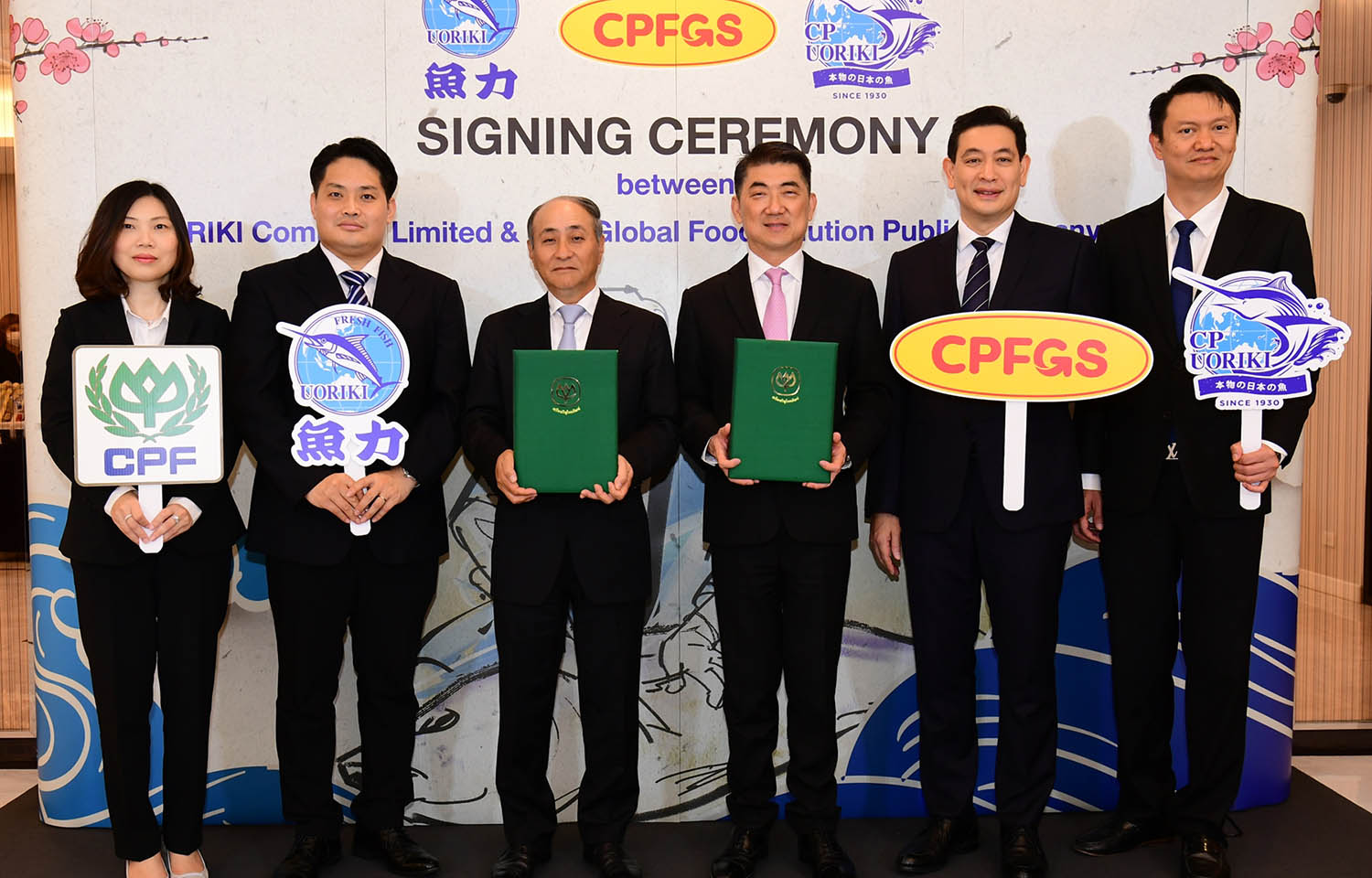Nearly one year after Japan released treated wastewater from the Fukushima Daiichi nuclear power plant, Japan has yet to find adequate replacement markets for its seafood exports to replace China, which Japanese seafood imports in response to the release.
Japan has stepped up exports to Hong Kong and the U.S., and Thailand has been the focus of its most recent push.
Japanese seafood retailer Uoriki, which is based in Tokyo, has created a joint venture with Thai conglomerate Charoen Pokphand Group (CP Foods) to sell Japanese seafood in Thailand. Through the joint venture, seven CP-Uoriki retail outlets have opened, selling fresh fish and sushi. The venture aims to have 25 stores in Thailand by the end of 2024 and has established plans for 100 outlets in Thailand within five years.
Jalux, a global trading company affiliated with Japan Airlines and Tokyo-based Sojitz Corporation, opened a wholesale market in Bangkok in early June 2024 selling fresh Japanese foods, including seafood, and earlier in the year, Yokohama, Japan-based restaurant operator Sprout Investment announced its plans to expand into seafood wholesaling in Thailand from August onward.
All of these efforts are taking advantage of the fact that Japanese cuisine is becoming more popular in Thailand.
The “2023 Thai Japanese Restaurant Survey” conducted by the Thailand office of the Japan External Trade Organization found that there were over 5,700 Japanese restaurants in Thailand last year, nearly 430, or 8 percent, more than in the previous year and a new all-time high. Since 2017, locations of Japanese restaurants have also dispersed beyond Bangkok to five other provinces.
According to the annual Fisheries White Paper released in June by Japan’s Fisheries Agency, Thailand was the fifth-ranked importer of Japanese marine products in the fiscal ended 31 March 2024, buying up 6.3 percent of the JPY 3.9 trillion (USD 24.7 billion, EUR 22.7 billion) worth of marine products Japan sent out.
In the previous fiscal year, Thailand was ranked in sixth place behind South Korea, but public concerns, just like in China, arose in South Korea about the discharge of treated cooling water, causing Korea’s imports to fall in FY 2023, making sales to markets like Thailand ever more important.
Thailand is Japan’s top market for bonito and its second-biggest market for mackerel, following Vietnam.








